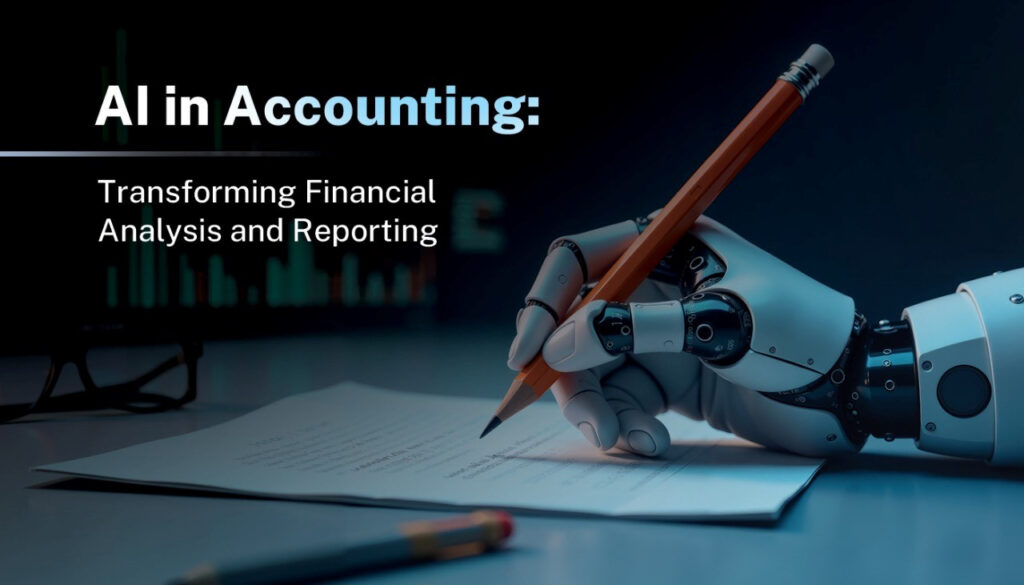ICAI’s AI Initiative to Combat Financial Fraud: In an ambitious move to curb the growing menace of financial frauds, the Institute of Chartered Accountants of India (ICAI) — the world’s largest accountancy body — has announced a sweeping digital transformation of its education and training ecosystem. With financial frauds costing India nearly ₹30,000 crore every year, the ICAI is now integrating Artificial Intelligence (AI) into its curriculum and operational frameworks to strengthen fraud detection, enhance transparency, and future-proof the nation’s financial ecosystem.
At a recent two-day media meet in Goa, ICAI experts underscored the gravity of financial fraud’s impact on India’s economy. They revealed that the institute is collaborating with government agencies and law enforcement to leverage AI-driven solutions in identifying suspicious activities and mitigating large-scale financial crimes. This strategic collaboration aims not only to detect fraud more efficiently but also to train Chartered Accountants (CAs) to become proactive defenders against financial irregularities in a rapidly evolving digital landscape.
As part of this nationwide initiative, the ICAI has also claimed a global first — publishing books on two critical topics: “Ethics in AI” and “Privacy in AI.” This milestone positions India at the forefront of ethical AI education in finance, setting a benchmark for other international professional bodies.
Battling Billions in Annual Financial Fraud
Financial Crimes Costing India ₹30,000 Crore Annually
According to the ICAI’s assessment, India suffers annual financial losses ranging from ₹28,000 crore to ₹30,000 crore due to fraudulent activities. These losses stem from cyber fraud, corporate scams, money laundering, and accounting malpractices. Recognizing the urgency, the ICAI has launched a multi-pronged AI-based anti-fraud initiative designed to strengthen financial services and protect investor confidence.
Collaborative Action with Law Enforcement
The ICAI’s anti-fraud efforts go beyond internal reforms. The organization is working closely with law enforcement agencies, regulators, and the Ministry of Corporate Affairs to develop AI-assisted financial monitoring tools. These systems are designed to identify anomalies in transaction patterns, audit data, and accounting records — enabling faster fraud detection and prevention.
During the event, Umesh R. Sharma, who led a technical session, emphasized how AI is revolutionizing the audit and finance space. He explained that AI models are being trained to recognize red flags in real-time data, which can help professionals prevent fraud before it occurs rather than merely investigating after the fact.
Integrating AI into the CA Curriculum
Preparing Future Accountants for the Digital Era
The ICAI is preparing its 14.5 lakh-strong community of members and students to adapt to a tech-driven financial world. The institute confirmed that Artificial Intelligence will be integrated into the CA curriculum by 2026 as part of its revised syllabus. While AI studies will be optional and not mandatory, students interested in understanding the deeper implications of technology in finance can choose specialized AI modules.
This progressive move aligns with global trends where finance professionals are expected to blend accounting expertise with technological literacy. AI concepts will cover areas like predictive analytics, fraud risk assessment, machine learning for auditing, and automation in compliance processes — helping Indian CAs remain globally competitive.
Read about: L&T Finance Launches ‘Pitch Point’ to Support AI Startups Ahead of RAISE’ 25
Pioneering Ethics and Education in the Age of AI
ICAI Sets a Global Benchmark in AI Ethics
The ICAI has set a new global standard by becoming the first institution worldwide to publish books on “Ethics in AI” and “Privacy in AI.” These publications aim to establish ethical guidelines for AI usage in financial services, emphasizing transparency, accountability, and data protection.
Additionally, the ICAI has been conducting AI summits across major Indian cities, including Hyderabad, Pune, and Jaipur, to foster innovation and discussion around ethical AI practices. These summits bring together policymakers, technologists, and finance experts to explore the safe integration of AI into accounting and auditing.
Fostering Innovation Through Hackathons and Research
The institute also encourages innovation through annual hackathons where students and professionals develop real-world AI solutions for finance and auditing challenges. In a forward-looking step, ICAI announced an upcoming book on “AI’s Impact on the Indian Economy,” which will explore how AI-driven technologies are reshaping business models and economic governance.

The Future of Finance: Leveraging Technology and Transparency
Reinforcing India’s Financial Resilience
The ICAI’s leadership — including Vice President Prasanna Kumar D and Secretary CA Dr. Jai Kumar Batra — outlined a visionary roadmap for India’s financial future. They emphasized that ICAI, as the “pillar of a strong and resilient economy,” will continue to leverage technology to ensure the integrity and transparency of financial systems.
The institute plans to use its vast technological infrastructure to develop independent regulatory mechanisms, ensuring accountability across industries and adapting to evolving global financial standards. This AI-powered transparency model aims to secure the financial ecosystem for all stakeholders, from auditors and regulators to investors and the general public.
By integrating advanced digital tools with traditional auditing principles, ICAI is reinforcing its reputation as a global leader in ethical accounting education and innovation.
Conclusion
India’s financial sector stands at a pivotal moment — where technology and trust must work hand in hand. With financial frauds bleeding billions every year, the ICAI’s proactive adoption of Artificial Intelligence represents a bold step toward safeguarding economic integrity.
By reimagining the CA curriculum and emphasizing both innovation and ethics, the ICAI is preparing a new generation of accountants who are not only financially skilled but also digitally empowered. This evolution ensures that Indian Chartered Accountants remain relevant and effective in detecting, preventing, and mitigating complex financial crimes.
Furthermore, the ICAI’s emphasis on AI ethics and privacy demonstrates its long-term vision for responsible innovation. Rather than simply chasing trends, it is setting global benchmarks for professional integrity in the age of automation.
In the coming years, as AI continues to reshape global finance, the ICAI’s initiatives will play a vital role in ensuring that technology remains a tool for transparency, accountability, and progress — not manipulation. The institute’s vision of combining technological innovation with human ethics truly defines the future of finance in India and beyond.
Also read: Early Detection Cuts Prostate Cancer Death Risk by Up to 50%: The Life-Saving Power of PSA Testing
FAQs: ICAI’s AI Initiative to Combat Financial Fraud
1. Why is the ICAI integrating Artificial Intelligence into its curriculum?
The ICAI is integrating AI to help Chartered Accountants adapt to the evolving financial ecosystem. AI skills are increasingly essential for detecting fraud, automating audits, and improving compliance. By 2026, students will have the option to study AI as part of their CA curriculum, preparing them for a technology-driven future.
2. How much does India lose annually due to financial fraud?
India loses an estimated ₹28,000–₹30,000 crore every year to financial fraud, according to ICAI data. These losses stem from accounting manipulations, cyber frauds, and money laundering. ICAI’s AI-based monitoring systems aim to drastically reduce these numbers.
3. What makes ICAI’s AI initiative globally unique?
The ICAI is the first organization in the world to publish books on “Ethics in AI” and “Privacy in AI.” This pioneering step highlights its commitment to ethical governance and responsible AI implementation in finance.
4. How will ICAI’s AI collaborations help law enforcement agencies?
ICAI is working with law enforcement and government bodies to build AI tools that detect suspicious financial patterns and anomalies in real-time. These collaborations enhance investigative capabilities and strengthen preventive measures against corporate and cyber fraud.
5. When will AI be included in the CA syllabus, and will it be mandatory?
AI will be introduced into the ICAI curriculum by 2026 under a revised syllabus. The subject will be optional, allowing students to choose based on their interest in AI and its applications in finance, audit, and risk management.



Pingback: Three-Year-Old Dies Shortly
Pingback: Digital Finance in India: Opportunities, Challenges, and Lessons from Zerodha’s Nithin Kamath – Texas Headliners